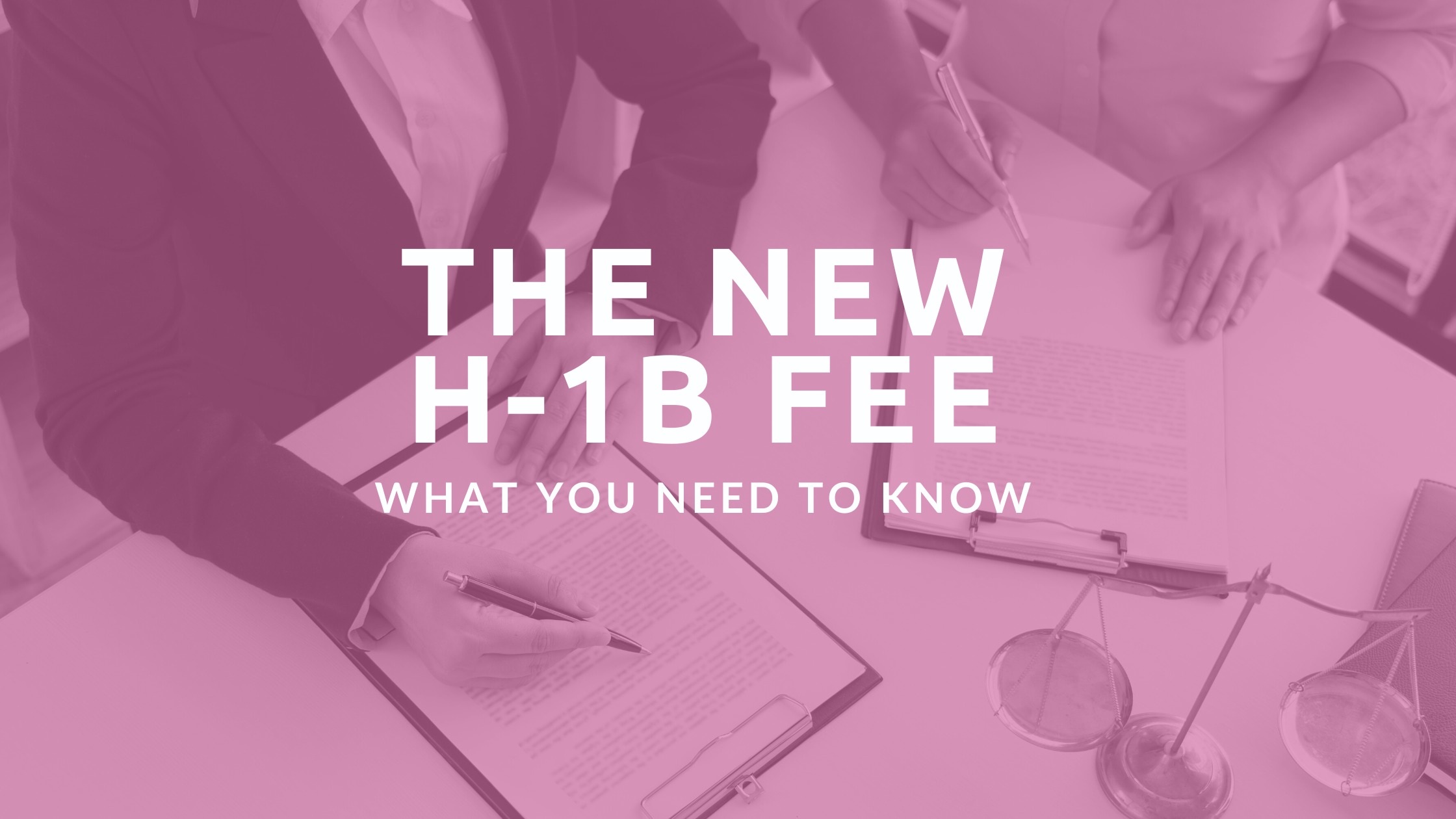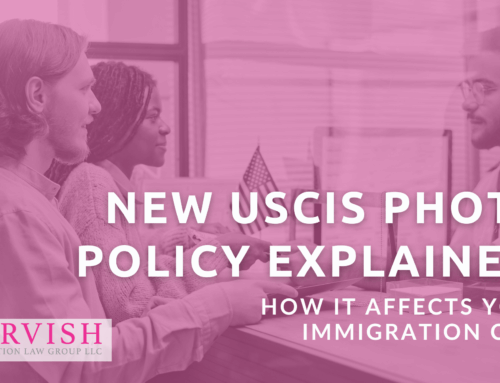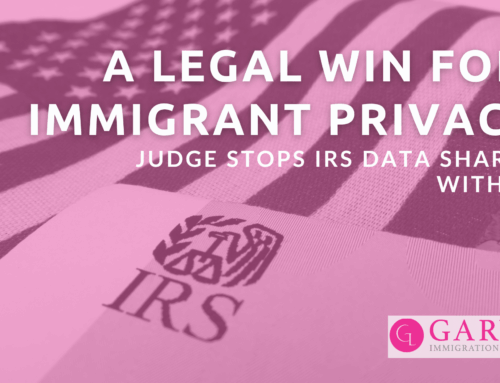As you’ve probably already heard, effective September 21, 2025, a new Presidential Proclamation introduced a $100,000 supplemental fee for certain H-1B visa petitions. Since then, USCIS has issued some guidance outlining who must pay, who’s exempt, and how the new process works. Here’s the breakdown.
Who Has to Pay
The $100,000 payment applies to:
- New H-1B petitions filed on or after Sept. 21, 2025, and
- Cases where the worker is outside the U.S. or where the filing requests consular or port-of-entry notification (meaning a visa must be issued abroad).
Even if someone is already in the U.S., if USCIS later determines the case requires consular processing, the fee will still apply.
Who’s Exempt
The payment will not be required if:
- The petition was filed before Sept. 21, 2025
- It’s for a current H-1B visa holder traveling in and out of the U.S.
- It’s an in-country extension, amendment, or change of status
- It’s for foreign graduates changing from F-1 to H-1B from within the U.S.
How and When to Pay
Employers must pay before filing through Pay.gov using USCIS’s designated form, and include proof of payment with the I-129. Without proof of payment, the case won’t be accepted.
Exceptions
There is a path for exceptions, but it’s narrow. The Secretary of Homeland Security may waive the fee if it’s in the national interest and meets specific conditions:
- No available U.S. worker
- No security or welfare concerns
- A clear national benefit
Quick Filing Checklist for Employers
- Determine if your case requires consular processing.
- If yes, pay the $100,000 fee and include proof in your filing.
- If not, verify eligibility for in-country processing to avoid unnecessary costs.
- Always confirm the latest USCIS guidance before filing.
Our Take at Garvish Immigration Law Group
This new fee doesn’t impact our physicians already in the U.S. changing from J-1 to H-1B, but it does affect healthcare professionals coming from abroad, including doctors, nurses, and medical technologists.
Frankly, it feels unfair. These are the people who help keep our hospitals running and our communities healthy. If they don’t qualify for the very limited exemptions, the consequences will be felt across the country, especially in rural and underserved areas where the need for healthcare workers is already critical.
Have questions about your next H-1B filing?
Schedule a consultation with one of our attorneys today! We’re here to help you move forward with confidence.




